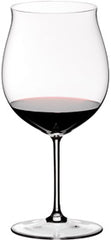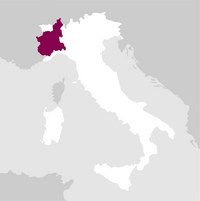Description
Vigna Colonnello is produced from one single prized hectare (2.5 acres) in the Monforte d’Alba area. This wine represents the two combined spirits of the Barolo area and celebrates the encounter of two first-class terroirs. A wine with silky tannins that expresses the finesse and elegance of Tortonian soils while exalting the structure and power of Serravallian terrain.
Awards
Details

Perfume

Color

Taste
Serve at:
18 - 20 °C.
Longevity:
Over 25 years
Decanting time:
1 hour

Pairings
- Start up year: 1904
- Oenologist: Gianluca Torrengo
- Bottles produced: 1.116.400
- Hectares: 70
The Antinori family, charmed by such rich natural beauty, unique vineyards and soils, decided to invest time and energy in this terroir confident that their efforts would make Prunotto what it is today, one of the most important winemaking estates in the Piedmont region. Read more


| Name | Prunotto Barolo Bussia Vigna Colonnello Riserva 2017 |
|---|---|
| Type | Red still |
| Denomination | Barolo DOCG |
| Vintage | 2017 |
| Size | 0,75 l |
| Alcohol content | 14.5% by volume |
| Grape varieties | 100% Nebbiolo |
| Country | Italy |
| Region | Piedmont |
| Vendor | Prunotto (Antinori) |
| Wine making | After harvesting, grapes were brought to the cellar and gently crushed; only 65% of the grapes were destemmed. Maceration on the skins was conducted in stainless steel tanks for about 7 days at a temperature not above 30°C. Malolactic fermentation was completed before the end of winter. |
| Aging | In French oak barrels of different capacities for 18 months and 24 months in stainless steel. After bottling, the wine was aged for 24 months before being marketed. |
| Allergens | Contains sulphites |








